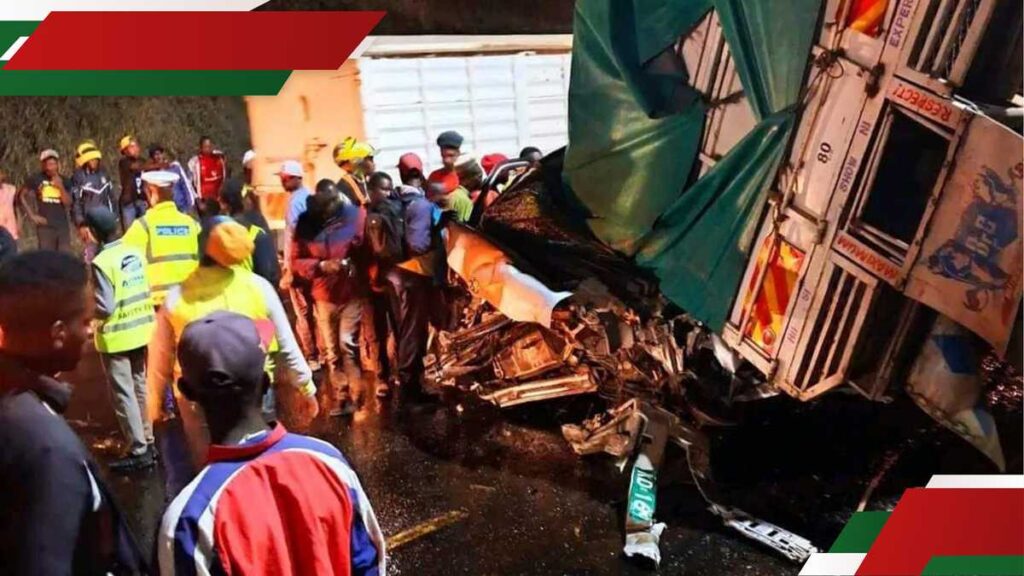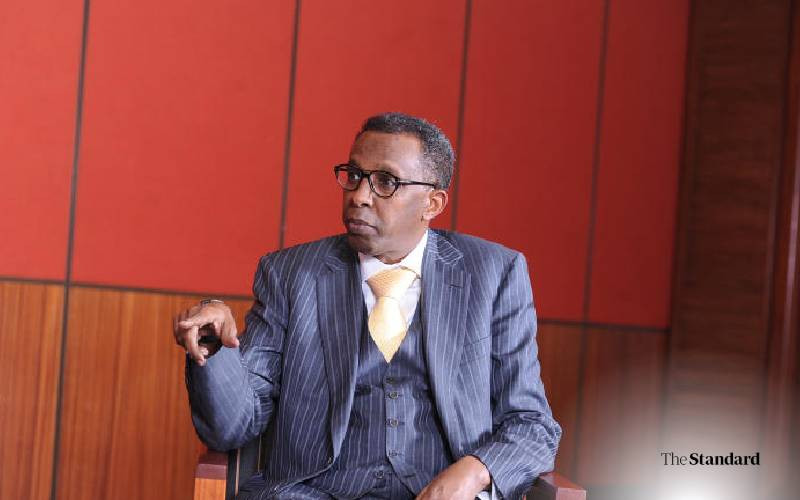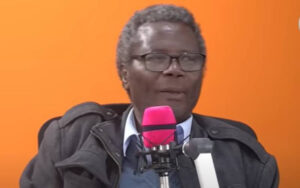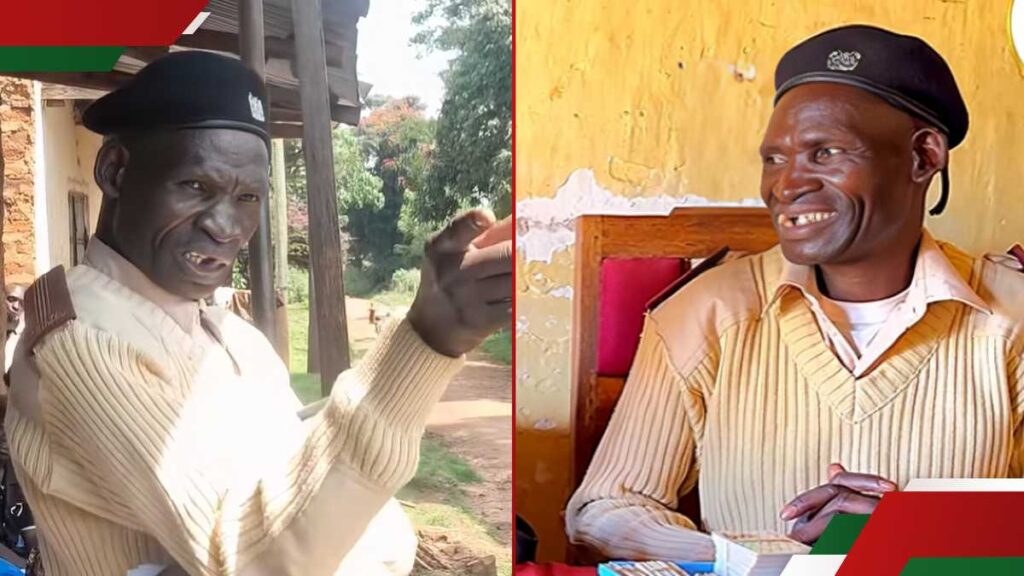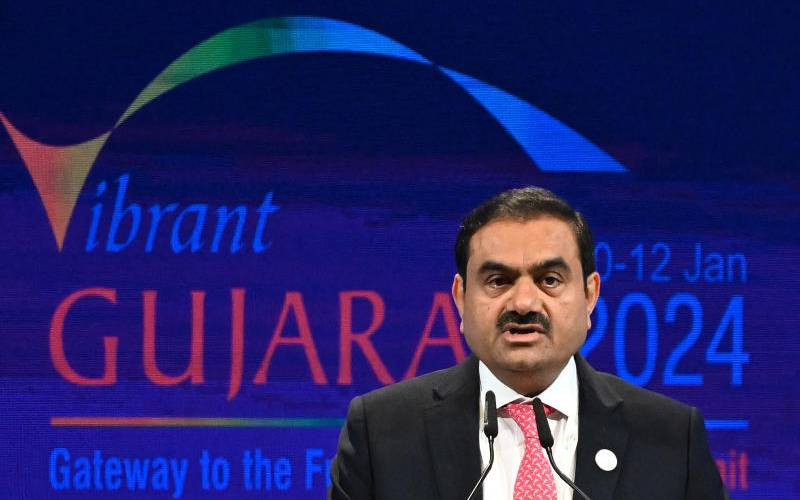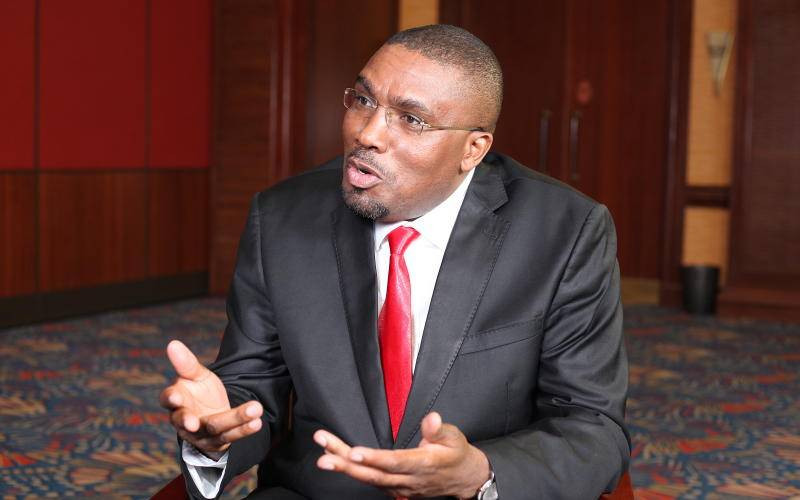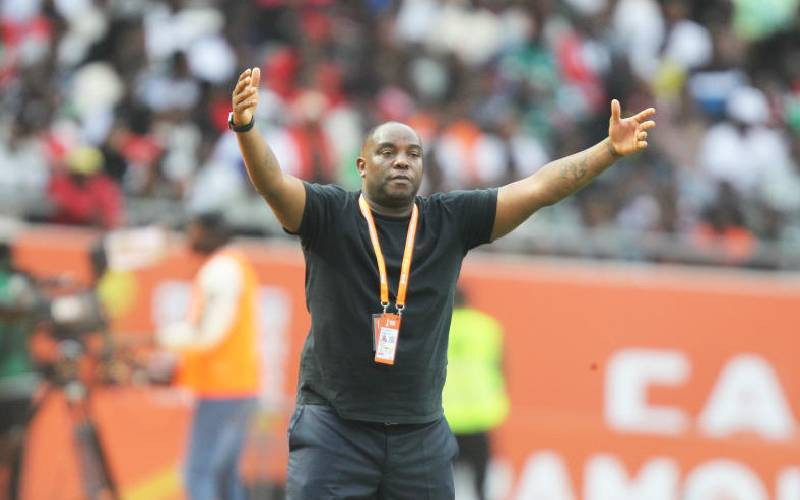Popular Mugithi artist and police officer Samuel Muchoki Ndirangu, known to fans as Samidoh, has been granted anticipatory bail of Sh200,000 by the High Court, blocking his possible arrest upon arrival from the United States today.
While granting the orders, High Court Judge Diana Kavedza said the court was persuaded that the singer’s freedom was under imminent threat, noting that a warrant of arrest had been issued while he was overseas — despite official approval for his travel.
“The applicant has demonstrated a credible apprehension of arrest arising from the same authority that sanctioned his travel,” observed the judge.
“This raises legitimate concerns that cannot be ignored by the court.”
The ruling comes ahead of Samidoh’s scheduled return to Kenya on Friday, July 25, 2025.
Samidoh, who has served in the National Police Service for over a decade, left Kenya in June 2025 to attend his child’s graduation and visit his family in the U.S.
Before his departure, he claims he obtained full approval from the National Police Service.
On returning briefly to Kenya on June 17, he formally applied for early retirement under the “10–22 Rule” pursuant to Section 76(3) of the National Police Service Act and was cleared before flying back to the U.S.
However, during his stay abroad, Samidoh learned that a warrant of arrest had been issued against him for alleged desertion of duty, a move he described in court as malicious and politically influenced.
“I am a law-abiding citizen. My travel was authorised, and I was cleared by the service after applying for retirement,” he said in a sworn affidavit filed in court.
The singer told the court the warrant was not only unjustified but also malicious and politically motivated, aimed at punishing him for his public views.
“The warrant is not just unjustified, it’s an abuse of power.”
Justice Kavedza, while affirming the court’s role in upholding constitutional freedoms, noted that anticipatory bail is designed to protect citizens from arbitrary use of state powers.
“Absent interim protection, the applicant may be subjected to unlawful detention or harassment contrary to the Constitution,” she ruled.
“The applicant herein is admitted to a personal bond of Sh 200,000 which shall be executed by the Deputy Registrar,” the judge ruled.
Stay informed. Subscribe to our newsletter
In addition to the personal bond, Justice Kavedza ordered that Samidoh should not be arrested or detained, and directed that he deposit his passport in court.
She further clarified that while police and investigative agencies, including the DCI and the National Police Service, are free to proceed with investigations, they must not arrest or detain him if charges are eventually preferred.
“For the avoidance of doubt, the respondents are at liberty to investigate or charge the applicant for any criminal conduct. However, they shall not arrest or detain the applicant in view of the orders,” Justice Kavedza directed.
Should investigators choose to charge Samidoh, the court ordered that he be informed of the court where he is to appear for plea taking, without facing arrest.
The court added that the protection will remain in place until the plea is taken and a trial court sets new bail or bond terms.
“This order shall remain in force until a plea has been taken and the trial court has set new bail or bond terms, in which case the orders of this court shall lapse.”
In her ruling, Justice Kavedza concluded by reaffirming the constitutional protections against arbitrary arrest.
“Article 29 of the Constitution protects all persons from arbitrary arrest. The court’s intervention is necessary to prevent a violation of those rights,” the judge emphasized.
The matter will be mentioned virtually on September 16, 2025, for further directions.
















